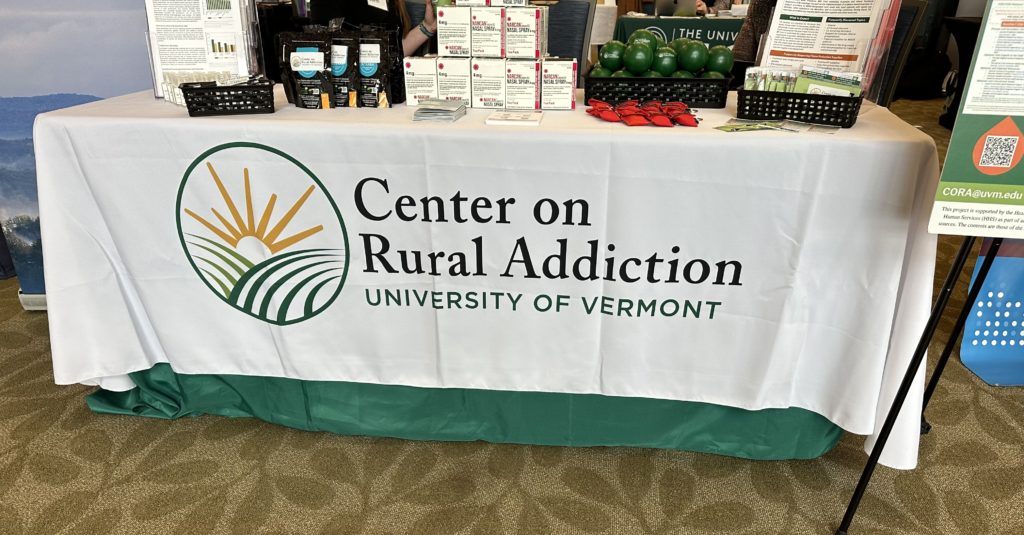Meetings
UVM CORA’s Best Practices (BP) Core schedules Technical Assistance (TA) meetings focused on the implementation of evidence-based practices to support providers in HRSA-designated rural areas who treat patients with opioid use disorder (OUD), substance use disorders (SUDs), and co-occurring conditions. During these TA meetings, providers may request harm reduction supplies and other resources.
Please click the button below and scroll down the Connect with Us page to find the TA Request Form.
Submit a request for technical assistance
Questions? Contact the Best Practices Core at cora.bp@uvm.edu

What to Expect
TA meetings are scheduled for 45-minute time blocks. During initial TA interactions, the BP Core will provide a brief overview of UVM CORA’s four Cores and our grant. The goal of each TA is for BP Core to understand the unique needs of the organization or provider, particularly how they can assist with supplies or resources. They maintain relationships with our TA recipients and can send specific harm reduction supplies on an ongoing basis.
Frequently Discussed Topics
- Stigma
- Co-occurring disorders
- Support for complex clinical presentations
- Tobacco cessation for medication for opioid use disorder (MOUD) patients
- Adulterants in the drug supply
- Infection prevention for injection-related wounds
Frequently Requested Harm Reduction Supplies
- Fentanyl test strips and user guides
- Xylazine test strips and user guides
- Intranasal naloxone
- Lock boxes and bags
- Drug deactivation bags
- Infection prevention supplies
- CPR breathing barriers
- Intranasal naloxone dispensing devices
- Sharps disposal containers
The laws affecting possession and dissemination of naloxone, fentanyl test strips, and other harm reduction supplies may vary from state to state. By accepting supplies from UVM CORA, the recipient confirms that the supplies they are accepting are compliant with their relevant state laws. UVM CORA does not independently review the state laws for the recipient. UVM CORA will not be responsible for any losses or costs related to the recipient’s use of the harm reduction supplies.

